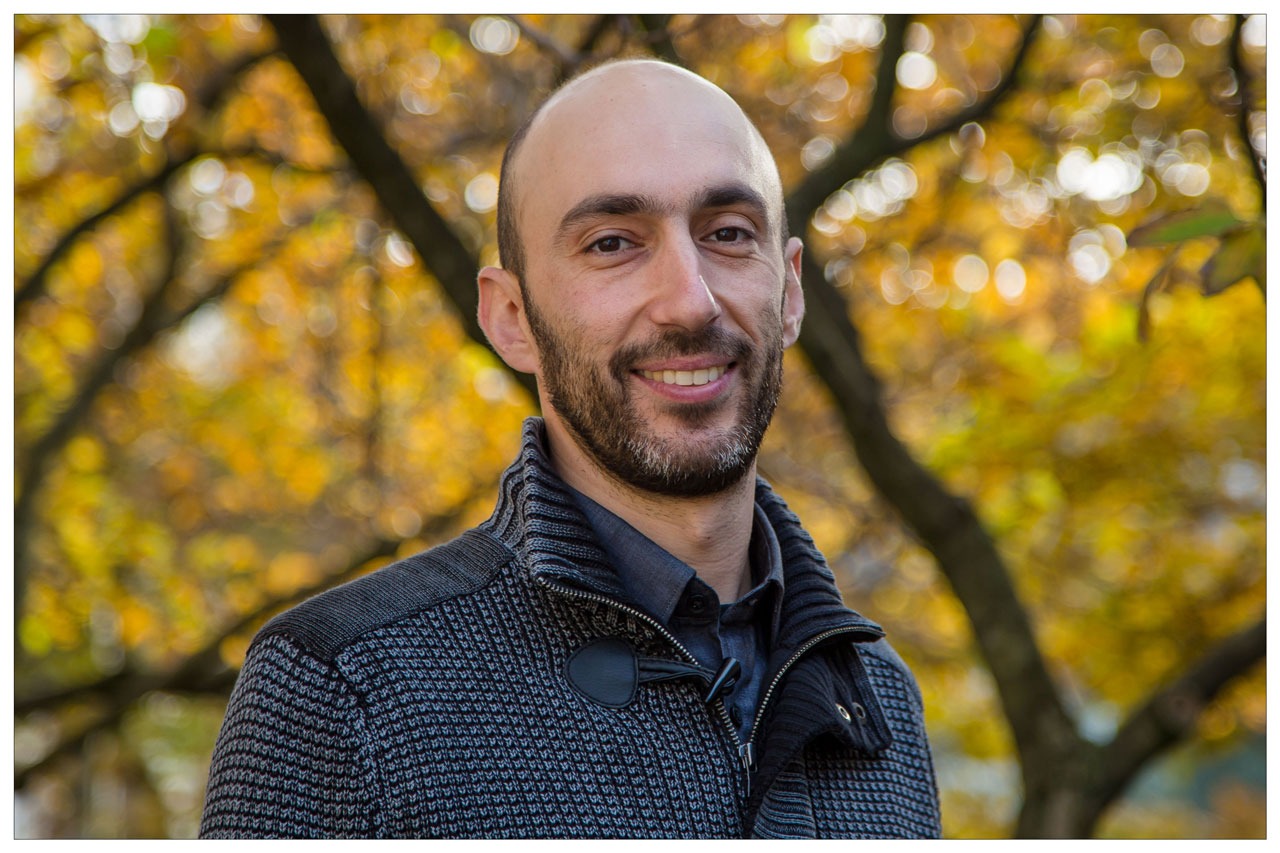June 23, 2025
Quantum information is revolutionizing science and technology at an unprecedented pace. With breakthroughs emerging regularly, teaching the subject is as exhilarating as it is demanding.
Mark Rudner, a member of QuantumX and the Kenneth K. Young Endowed Chair of Physics, found this particularly true while teaching Phys522A: Implementation of Quantum Information over the winter quarter. In the course, students engage with classical simulators and cloud-accessed quantum processors. Though not new, the course was significantly updated to reflect quantum computing breakthroughs since last winter.
Royale Irving, a Ph.D. student in chemistry, completed the course as part of Accelerating Quantum-Enabled Technologies (AQET), a National Science Foundation Research Traineeship program (NRT).
“This was one of the most dynamic and rewarding classes I’ve taken,” said Irving. “From the start, it was clear that we were not learning a fixed curriculum. Instead, we were stepping into a field is still being built, with the expectation that we would become part of that process.”
Irving’s classmate, Jonathan Swift, a Ph.D. student in chemistry and an AQET fellow, noted that the rapid evolution of tools and technology, which parallels the pace of the class, is beneficial.
“Before joining AQET, I knew nothing about Quantum Computers or Quantum Information. So, of course, I had to try to get involved in something that seemed so neat and cutting edge.”
To keep up with discovery, the students work with the latest cloud-based quantum hardware each year.
“This year we used IBM’s platform, allowing us to interact with their resources and run experiments,” Rudner said.
Irving said the course helped shape his vision for his future in research. He is working towards a career that combines theoretical chemistry, quantum computing, and the development of hybrid classical-quantum algorithms to apply these approaches to meaningful chemical problems.
“The hands-on structure of the course helped me understand the real technical challenges of implementing chemical systems on quantum devices,” Irving said. “It brought attention to issues like noise, circuit depth and software-hardware compatibility. Learning how to navigate those obstacles gave me a more grounded understanding of what it takes to build practical quantum computing workflows, not just idealized ones.”
Alongside the fast-evolving technology, AQET and the course stand out for bringing together students from diverse disciplines. Because quantum information is a multidisciplinary field, Rudner wanted the students to work together, despite their varied backgrounds, to learn from one another’s perspectives and to gain a deeper understanding of each other. He said there were some growing pains in trying to communicate, but he was happy to see how much they learned from each other during their final presentations.
Irving said he was surprised to see how often conversations revealed gaps in assumptions or expectations.
“For example, an algorithm that seems elegant in theory might not hold up under experimental noise, or a hardware constraint might shift how you prioritize steps in a workflow. Learning how to communicate across those gaps and how to build tools or use techniques that make sense to people outside your field is one of the most essential takeaways from the course.”
He said that working with students from physics, computer science and engineering gave him a clearer picture of how various fields tackle the same problem. Each group brought its strengths, whether it was deep intuition for hardware, algorithm design, or system modeling.
Although the course will continue to evolve with technological advances and teaching methods, Rudner has created templates and guidelines to ensure future instructors won’t have to build the curriculum from scratch. Still, he knows the course will never be the same.
“It’s a unique class—I don’t know of another quite like it at the graduate level,” Rudner said. “It’s been both fascinating and challenging to teach.”
Phys522A will be offered next in the winter quarter of 2026. Enrollment is limited, with priority given to AQET graduate students.
